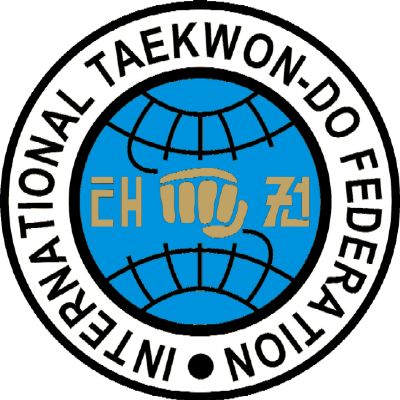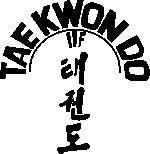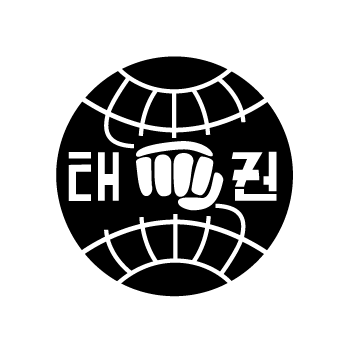We are stunned by the absolute manipulation of information and blatant disregard for the truth displayed by a group claiming to be of International standing, and up holding the tenets of Taekwon-Do. This group actually cited General Choi himself in the lawsuit claiming that he did not act in the best interest of the ITF. This is a sad day for all ITF members when individuals from within your own family seek to dismantle our founder’s inspirations.
We have uploaded the actual court findings for your reference. We find it appalling that this group claims the copyright ownership and threatens to with hold usage. This is not the case Master Choi following his father’s wishes has always preserved the right for all students to wear the ITF Trademarks. While this copyright resided with Master Choi no actions were ever taken or threatened to with hold usage to any group.
You will also notice that the decision absolutely in no way indicates that Master Choi cannot use the trademarks. It simply states that the registration is not valid and is stricken. In other words General Choi and Master Choi have no claim to the ITF or its Trademarks?
This was a project Master Choi did on his father’s behalf in 1998. This group claiming to be the “true” students of General Choi and the people who are entitled to capitalise from his teachings have successfully undone his work. Master Choi will continue to represent all ITF students around the world in the free use of these trademarks as per his fathers, and our founders wishes.
Ottawa, Ontario, December 5, 2006
PRESENT: The Honourable Mr. Justice O''''Reilly
BETWEEN:
INTERNATIONAL TAEKWON-DO FEDERATION
and the CANADIAN TAEKWON-DO FEDERATION INTERNATIONAL
FEDERATION CANADIENNE DE TAEKWON-DO INTERNATIONAL
and
and
HUNG HI CHOI and JUNG HWA CHOI, A JOINT VENTURE TRADING AS I.T.F. TAEKWON-DO and THE REGISTRAR OF TRADEMARKS
REASONS FOR JUDGMENT AND JUDGMENT
[1] The applicants, the International Taekwon-do Federation (ITF) and its Canadian affiliate, the Canadian Taekwon-do Federation International (CTFI), argue that certain trade-marks registered by the respondents are invalid and should be removed from the trade-mark register. The respondents consist of a former officer of the ITF, Mr. Jung Hwa Choi, as well as a joint venture between him and his father, Mr. Hung Hi Choi, the founder and former president of the ITF, now deceased. The applicants submit that the respondents registered marks that the applicants had been using for decades, both in Canada and throughout the world. The respondents did not appear at the hearing, and filed no written arguments.
[2] I agree that the trade-marks are invalid and I will grant the applicants’ request to have them struck from the register, pursuant to s. 57 of the Trade-marks Act, R.S.C. 1985, c. T-13, s. 57 (relevant provisions of the Act are set out in Annex A).
I. Issues
[3] The applicants advanced several grounds for their position. Many of these grounds are interrelated and can be reduced to the following question: Were the respondents entitled to register the marks?
II. Analysis
(a) Factual background
[4] Mr. Hung Hi Choi (referred to as General Choi) developed the martial art of Taekwon-Do in Korea during the 1940s. He established the ITF in 1966 and acted as its president from then until his death in 2002. Mr. Jung Hwa Choi (referred to as Master Choi), General Choi’s son, was slated to assume the presidency after his father, but was expelled from the ITF in 2002. At the time, he was Secretary General of the ITF.
[5] The ITF acts as the international governing body for Taekwon-Do. It has used two main emblems, both created by General Choi, to identify itself: (1) a crest including a fist and the words “International Taekwon-do Federation”, as well some Korean characters and (2) a design resembling a tree, with Korean characters making up the trunk and the word “Taekwon-Do” forming the crown (the two designs are shown in Annex B). The ITF and CTFI have used these images on training uniforms, documents and advertising beginning in 1966.
[6] The respondent joint venture registered these two images, the fist design and the tree design, as Canadian trade-marks, in relation to wares in 1998 (trade-marks 500,361 and 500,055 respectively), and for services in 2000 (trade-marks 522,295 and 522,294 respectively). The 1998 marks are currently owned by Master Choi.
(b) The respondents’ entitlement to register the marks
[7] It is clear that the applicants have used the fist and tree designs for some time. They argue, therefore, that the respondents were not entitled to register those designs as trade-marks. The joint venture was not created until the mid-1990s, so it could not have used the marks prior to those dates. By contrast, the ITF has used the fist design since 1966. The ITF and CTFI have used the tree design since at least 1986.
[8] Further, the applicants suggest that the respondents could not register the marks on their own, given that Master Choi and General Choi were both officers of the ITF at the time. They had a duty to act in the best interests of the ITF. Further, their connection to the ITF was comparable to an agent-principal relationship, in which the actions of the agent should enure to the benefit of the principal. In other words, the applicants argue that the respondents could have registered the trade-marks for the benefit of the ITF, but could not do so independently.
[9] The applicants also argue that the registered marks lack the essential criterion of distinctiveness. Given that the identical marks were being used by the ITF and the CTFI, they could not be said to be distinctive of the respondents’ wares and services.
[10] Finally, the applicants submit that the respondents made false statements in the course of obtaining the trade-mark registrations – in particular, statements about past or future use of the marks. They argue that the registrations are invalid on that ground as well.
[11] I find that the circumstances in this case are analogous to those described in Citrus Growers Assn. Ltd. v. William D. Branson Ltd. (1990), 36 C.P.R. (3d) 434, a case involving an agent and principal. Justice Paul Rouleau stated that “an importer or agent has no right to register a trade mark owned by the foreign principal, under his own name and for his own benefit” (at p. 438). He continued:
The cases have reached this conclusion in a variety of ways: prior use by the foreign supplier in Canada (s. 16(1)(a)) no “use” by the importer/agent in Canada within the meaning of sections 4 and 16, since its use was on behalf of the principal the mark is not distinctive of the wares of the respondent (s. 18(1)(b)) and, generally, the respondent is not the person entitled to registration of the mark, on the grounds of the fiduciary obligation existing between the agent and his principal. (p. 438)
[12] The applicants’ submissions here are much to the same effect: The respondents are not entitled to register the trade-marks because the images would be confused with marks that had been previously used by the applicants (contrary to ss. 16(1)(a) and 16(3)(a)) of the Act). Any use of the marks by the respondents should be interpreted as use on behalf of the applicants, given that General Choi and Master Choi were officers of the ITF, and had a fiduciary duty towards it. The registered marks cannot be said to be distinctive of the respondents’ wares or services, given the applicants’ prior use of the same marks in relation to identical wares and services (contrary to s. 18(1)(b)).
[13] Based on these arguments, I am satisfied that the registered marks are invalid. I realize that I have not dealt specifically with the applicants’ additional argument about alleged false statements by the respondents. No direct authority was cited to me on the point, so I decline to deal with it.
[14] I will, therefore, declare that the registered marks (No.500,055, 500,361, 522,294 and 522,295) are invalid and should be struck from the register, with costs to the applicants. The applicants asked for costs on a solicitor-client basis, given that the respondents’ conduct involves a breach of a fiduciary duty. However, I am not satisfied that the circumstances justify such an extraordinary cost measure.
JUDGMENT
THIS COURT’S JUDGMENT IS that:
1. The registered marks (No.500,055, 500,361, 522,294 and 522,295) are invalid and should be struck from the register, with costs to the applicants.

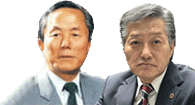

 Log In
Log In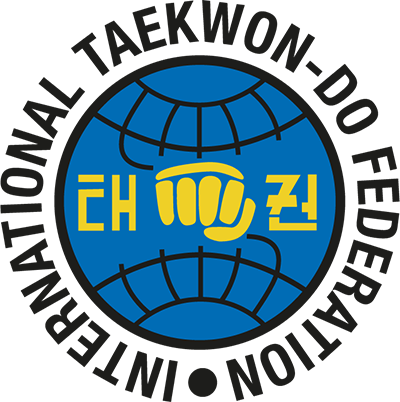
 Write an Article
Write an Article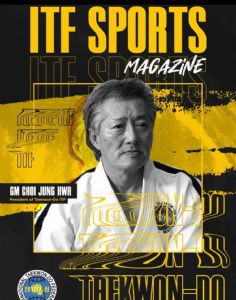
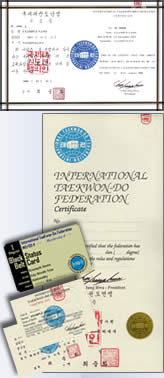
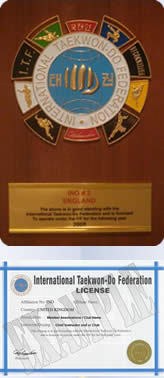
 Back
Back